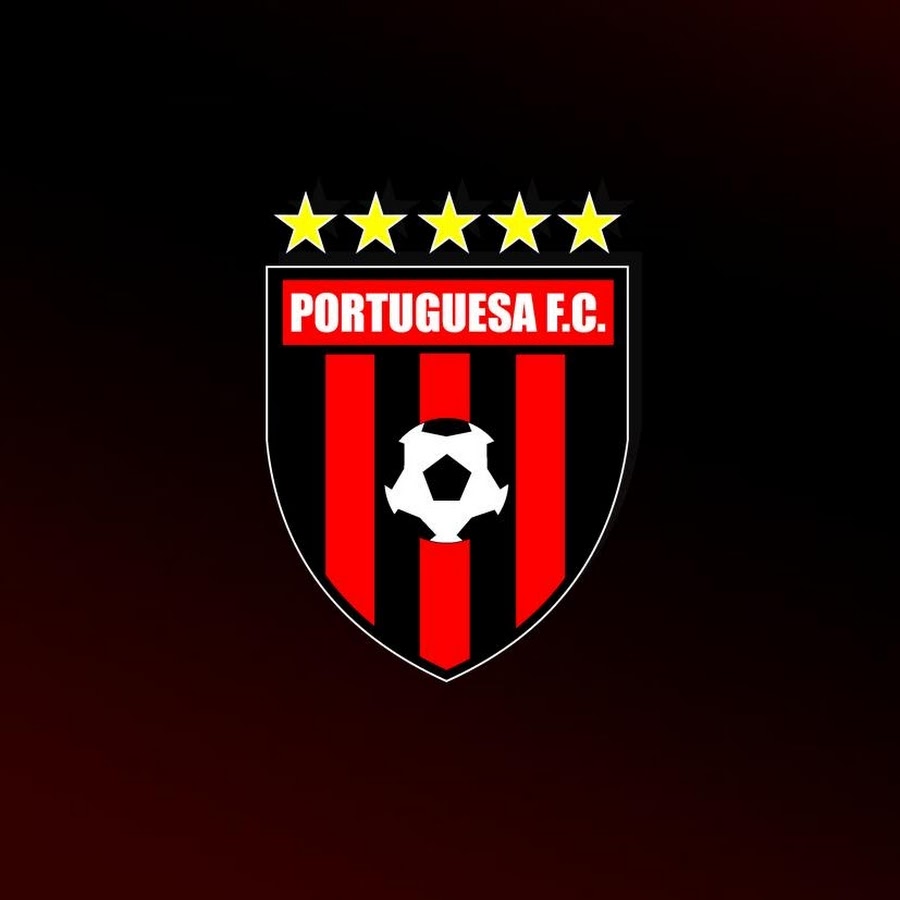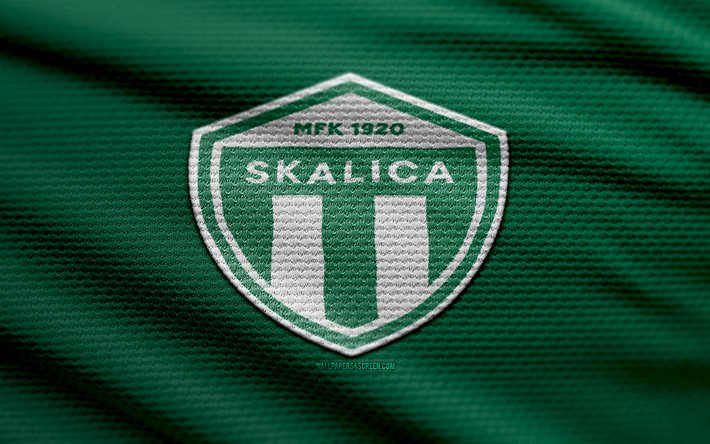
Portuguesa FC
Portuguesa FC is deeply embedded in São Paulo’s history, reflecting broader socio-economic factors that shaped Brazilian football. Understanding this historical significance helps explain the club’s identity, its contributions to Brazilian culture, and how it fits into the country’s football narrative.
The Formation of the Club: A Reflection of Portuguesa FC
Founded in 1920, Portuguesa FC was originally established to cater to the large Portuguese immigrant community in Brazil. The club’s inception was more than just the formation of a football team; it represented a newfound identity for thousands seeking to integrate into Brazilian society while cherishing their heritage Socolive TV.
The club became a beacon for Portuguese immigrants, who gathered to support their team and celebrate their cultural roots. This alignment with a broader community played a pivotal role in shaping the club’s fan culture and values. Over the years, Portuguesa FC has maintained its connection with the Portuguese diaspora, fostering a sense of belonging and nostalgia among its supporters.
Football, particularly in Brazil, transcends sport; it becomes a means of social connection and identity. The establishment of Portuguesa FC at a time when Brazil itself was evolving into a multicultural nation speaks volumes about how sport can unite diverse communities.
Political Turbulence and Sporting Competitiveness
Portuguesa FC’s history also intertwines with Brazil’s tumultuous political landscape, reflecting how sports can be a mirror of societal changes. During the military dictatorship in the 1960s and 70s, the club faced challenges, yet it persevered in the footballing world.
The struggles endured by Portuguesa in the broader context of Brazilian politics illustrate the resilient spirit of this club. Such conditions forced the team to adapt continually, seeking competitive advantages while cultivating a loyal fan base. Legend has it that during politically charged matches, fans organized protests that echoed societal sentiments beyond the football pitch.
This merging of sport and politics highlights how Portuguese football has played a significant role in Brazilian history, serving as a commentary on social issues while allowing fans to voice their sentiments.
The Legacy of Portuguese Football in Brazil
As Portuguesa FC navigated the challenges of the 20th century, it played an indispensable role in evolving Brazil’s football culture. The club’s style of play contributed to the development of the futebol arte — the artistic football for which Brazil is renowned globally.
This legacy has created a sense of pride among fans who look back at the club’s history as not merely a litany of victories but as a significant chapter in Brazilian footballing artistry. The techniques learned and perfected by Portuguesa players have influenced innumerable talents and teams that emerged in the wake of their rich tactical traditions.
In essence, the historical significance of Portuguesa FC captures not only the triumphs and setbacks but also the deeper connection that football has with society’s broader landscape. The club’s enduring legacy allows it to transcend the sport and remain an integral part of Brazilian identity.



